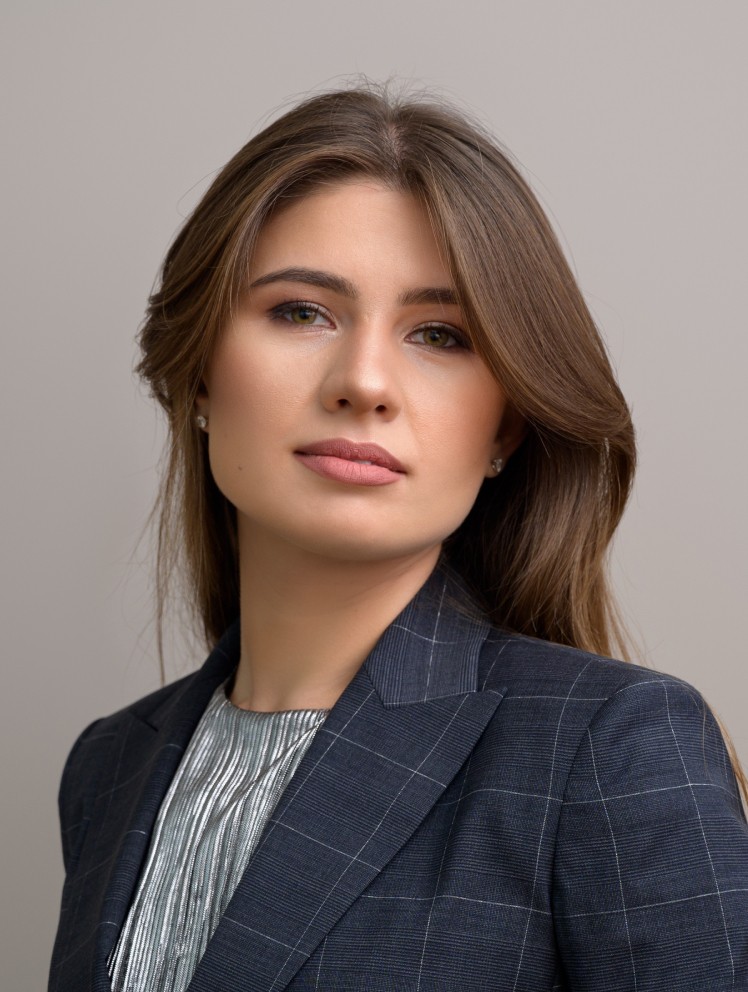Yulia Shilova | A commentary for Kommersant: Virtually unaffected
The Supreme Court (SC) of the Russian Federation has recognized as affected by the pandemic and, accordingly, entitled to a moratorium on bankruptcy only those businesses whose main OKVED is in the special list of the government. The actual activities of the company are not taken into account. Lawyers call the decision important for practice, believing the court's approach to be too formal.
Julia Shilova, a lawyer of the Restructuring and Insolvency practice of Art de Lex, believes that the Supreme Court prevented the use of the moratorium by persons who in fact do not fall under it. But Pavlovsky believes that "following only a formal approach is not always justified", because this approach "does not fully take into account the conduct of business in Russia".
The Supreme Court considered a dispute over whether a company is entitled to a moratorium on bankruptcy if its main activity under OKVED is not included in the list of those most affected by the pandemic.
The story concerned JV Mebel LLC, which acted as a guarantor on a loan from Igorevsky Woodworking Plant. Its creditor, Target Invest LLC, initiated bankruptcy proceedings against the guarantor, and in May 2020 the Arbitration Court of the Moscow Region commensed insolvency proceedings. But the appellate and cassation instances dismissed the bankruptcy, believing that the company fell under the moratorium. According to the courts, the classification of the person's additional activities under OKVED (furniture trade) as affected industries was sufficient for this, although the main OKVED (furniture production) was not included in the list.
More details: https://www.kommersant.ru/doc/4782187?query=ART%20DE%20LEX&stamp=637554043685796476
